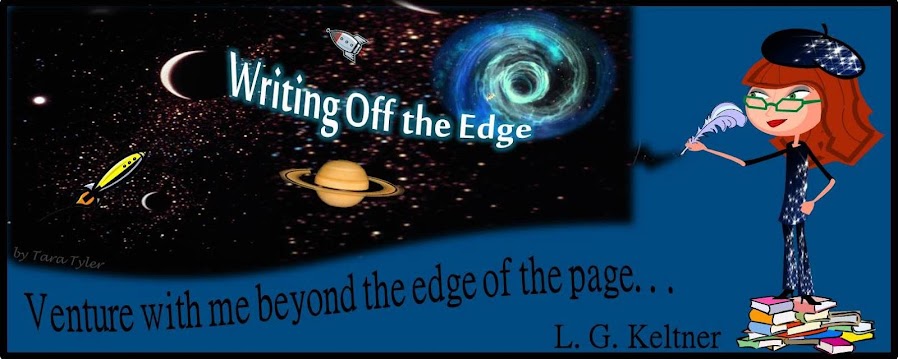An important part of being a good writer is also being a
good reader. Yesterday I started reading
The Hunger Games by Suzanne
Collins. My inspiration for reading this
book comes from a combination of the praise for it I’ve been reading on the
internet and seeing the trailer for the upcoming film.
That, and the concept intrigued me. As a science fiction geek, how could it
not? It takes place in a dystopian
future where the masses are kept in subjugation through withholding of vital
resources, harsh punishments, and forcing each of the twelve districts to watch
as their children are put into an arena to fight to the death. This is their punishment for an attempted
revolt. Imagine how much worse things
could be if they retaliated again?
Anyway, it’s certainly a compelling story. It’s fun to watch a smart, female protagonist
who exhibits exceptional survival skills in a ruthless situation. At the same time, she struggles to hold on to
humanity, and as anyone would be who has endured as much as she has, she has
trouble trusting love, an emotion that leaves her vulnerable to another. The only person she really knows how to trust
is herself. And rest assured, there is
plenty of deception to go around in this novel.
There is a strong romantic element to the story, but if
anything, love helps bring up some of the most gut wrenching questions of the
book. Is it a strength or a weakness to
care for another, even when doing so may put you in peril? Should you abandon that instinct to protect
others to save yourself, or is it better to take the risk of being true to who
you are?
I could talk about these themes endlessly, but there’s one
brief way I want to tie this back to my writing. POV.
Point of view determines in a very real way the experience a reader will
have. The Hunger Games is told in first person present tense. The reader goes along with Katniss as she
struggles to survive. There is a sense
of immediacy as we experience everything at the same exact time she does. In this sense, present tense can even
dispense with one of the biggest issues first person usually contends
with. If a story is told by the
protagonist, we assume they will live since they’re around to tell us. Yet, in present tense, not even this can be
guaranteed. We also see her emotions as
she has them. We don’t get the benefit
of looking back on them and analyzing them with the hindsight the narrator
would now have. We have to figure out
her feelings at the same time she does.
The story I’m writing right now is told in first person, but
it’s in past tense. I want the benefit
of only being in that one person’s head, seeing the world as he does, but I want
to have his more mature insights that come with the passage of time. I also don’t want the question of whether he
will survive hanging over the reader. My
story isn’t about that, but rather about the change he goes through and how he understands
his world differently because of his experiences. Present tense works in many cases, but I don’t
think it would benefit me in this particular case.
Yet, I’ve learned to remain open as I write. Experience has shown me more than once that a
writer doesn’t always know what’s best for their story until the end.

No comments:
Post a Comment